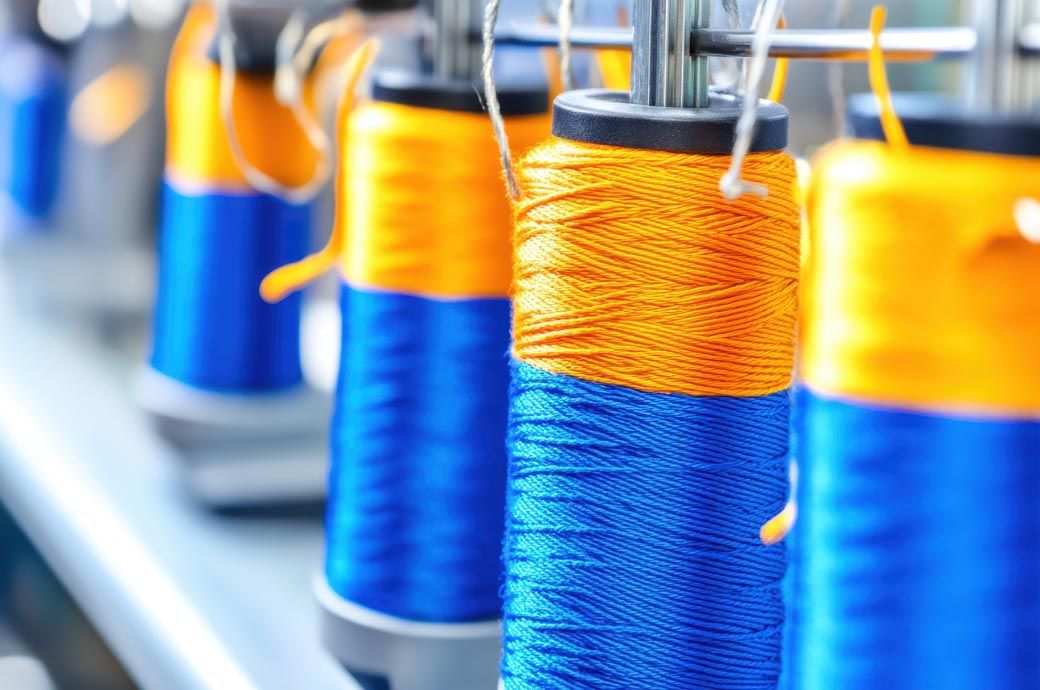
Presenting a report, head of CIEM’s general research department Nguyen Anh Duong pointed out remarkable results, including a robust growth of exports to the European Union (EU), particularly in key sectors like textiles and footwear that significantly benefit from tariff incentives.
The agreement has cultivated a transparent business environment, attracting high-quality foreign direct investment (FDI) from the EU, especially in high-tech and sustainable development sectors.
Commitments related to intellectual property, environmental protection, labour and sustainable development under the agreement have encouraged Vietnam to upgrade its legal framework to align with international standards, noted the report.
Specifically, the proportion of exports to the EU in Vietnam's total export turnover has gradually increased, reaching 13.19 per cent last year.
Vietnam maintains a substantial trade surplus with the EU, with $35.2 billion last year, the highest among the free trade agreements to which the country is a signatory.
The agreement has attracted significant interest from EU investors, particularly in high-tech, renewable energy and green manufacturing sectors. However, the actual inflow of FDI from the EU has not increased as expected, a Vietnamese media outlet reported.
The EVFTA has served as a crucial catalyst for Vietnam to adjust its policy and legal systems to meet high standards. Key changes are seen in areas like customs process transparency, business environment improvement, labour standards enhancement and environmental protection.
Implementation of the agreement faces challenges due to uneven enforcement capacity among ministries and localities, as well as difficulties in adjusting the legal framework to meet new requirements.
ALCHEMPro News Desk (DS)
Receive daily prices and market insights straight to your inbox. Subscribe to AlchemPro Weekly!